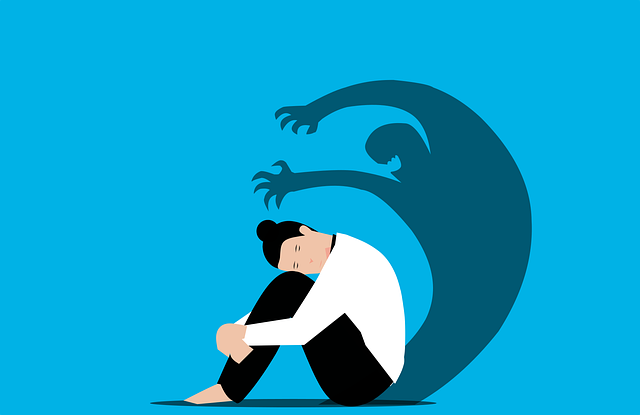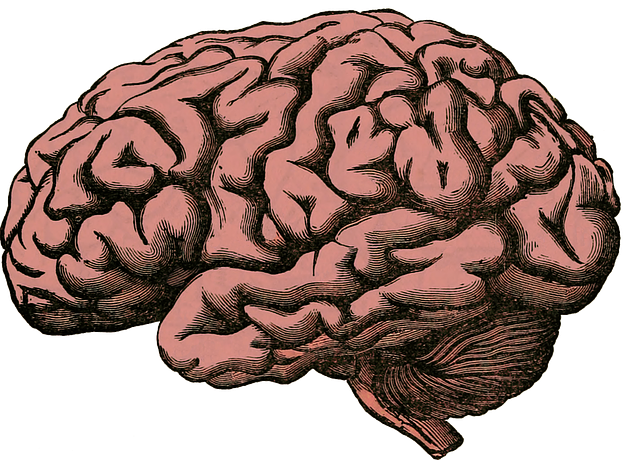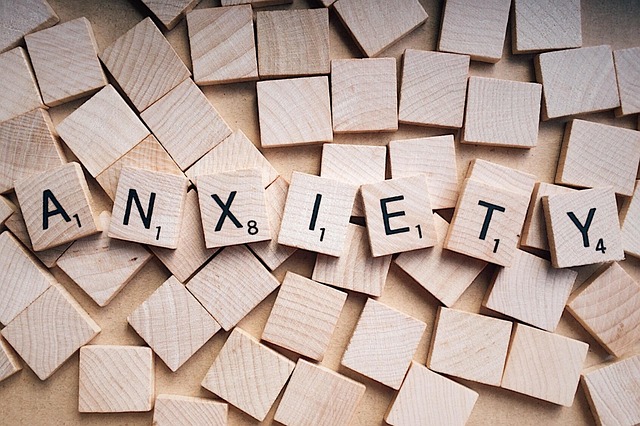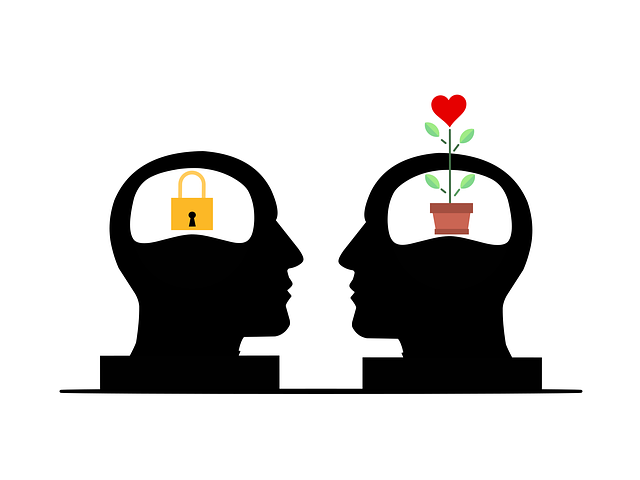In Boulder, chronic stress negatively impacts mental and physical health, including cancer issue prevention and therapy success. By identifying stressors like work pressure or financial worries, individuals can employ coping strategies such as emotional intelligence, mindfulness practices (including meditation and guided visualizations), regular exercise, adequate sleep, and social connections to reduce stress levels. These techniques enhance overall well-being and support Boulder cancer therapy outcomes. Creative outlets and professional guidance, including cognitive-behavioral therapy (CBT) and trauma support services, further contribute to effective stress management and improved mental health for those facing or supporting Boulder cancer issues.
Stress reduction is a vital component of maintaining good health, especially in our fast-paced world. This article explores effective methods to combat stress and its detrimental effects on overall well-being. From understanding the impact of chronic stress to adopting lifestyle changes, we delve into various techniques. We uncover the benefits of mindfulness, meditation, creative expression, and professional therapy as powerful tools for managing stress. Discover practical strategies to foster a calmer mindset and navigate life’s challenges with resilience, ultimately enhancing your quality of life in Boulder and beyond.
- Understanding Stress and its Impact on Health
- Lifestyle Changes for a Calmer Mindset
- The Power of Mindfulness and Meditation Techniques
- Exploring Creative Outlets as Stress Relievers
- Professional Support: Therapy Options for Effective Stress Management
Understanding Stress and its Impact on Health

Stress is a natural response to various life challenges, but chronic or prolonged stress can have significant impacts on both mental and physical health, including an increased risk of conditions like Boulder cancer issues. It triggers the release of hormones such as cortisol, which over time can disrupt normal bodily functions and contribute to inflammation and immune system suppression. This makes managing stress essential for maintaining overall well-being.
Understanding the sources of stress is crucial. It often stems from work pressures, financial concerns, relationships, or health problems. Recognizing these triggers enables individuals to employ effective coping strategies like emotional intelligence, emotional regulation techniques, and positive thinking. Incorporating mindfulness practices, regular exercise, adequate sleep, and social connections can also help mitigate stress levels, thereby promoting better health outcomes, including cancer therapy success in Boulder.
Lifestyle Changes for a Calmer Mindset

Adopting a calmer mindset starts with lifestyle changes that nurture both physical and mental well-being. For individuals facing or supporting someone with Boulder cancer issues, this can be transformative. Incorporating regular exercise, such as gentle yoga or walks in nature, releases endorphins known to reduce stress and boost mood. Balanced nutrition and adequate sleep are also critical; a healthy diet strengthens the immune system while consistent rest improves mental clarity and resilience. Mindfulness practices like meditation or deep breathing exercises can help individuals stay grounded, especially during challenging times.
In addition to these self-care practices (Depression Prevention), conflict resolution techniques become more accessible when minds are calm. This is particularly relevant in supporting loved ones or navigating healthcare systems. Learning effective communication strategies and practicing empathy can defuse tensions and foster a sense of unity. These changes not only enhance quality of life but also support the emotional coping process, providing tools to navigate stress and promote mental fortitude during and after cancer therapy.
The Power of Mindfulness and Meditation Techniques

Mindfulness and meditation have emerged as powerful tools for stress reduction, offering a calm haven amidst the chaos of daily life. These ancient practices are now backed by scientific research, demonstrating their effectiveness in managing anxiety, depression, and even chronic conditions like Boulder cancer issues. By focusing on the present moment and cultivating non-judgmental awareness, individuals can develop a deeper sense of inner peace and resilience.
Meditation techniques vary, from guided visualizations to mindfulness-based stress reduction (MBSR) programs. Incorporating these practices into daily routines allows for better emotional regulation, enhanced cognitive function, and improved overall well-being. The benefits extend beyond mental health, as regular meditation has been linked to lower blood pressure, reduced chronic pain, and a strengthened immune system. In the context of healthcare, integrating mindfulness into treatment plans, such as through Community Outreach Program Implementation or Cultural Sensitivity in Mental Healthcare Practice, can lead to better patient outcomes and satisfaction. Even during crises, Crisis Intervention Guidance drawing on meditation principles can provide much-needed support and coping strategies.
Exploring Creative Outlets as Stress Relievers

Engaging in creative outlets can be a powerful way to reduce stress and promote mental wellness, as recognized by many Boulder cancer issues therapy centers. Activities like painting, writing, music, or dance allow individuals to express themselves freely, providing an outlet for emotions often difficult to articulate. This form of artistic expression can serve as a therapeutic practice, helping to process and release built-up tension and stress.
Cultural sensitivity in mental healthcare practice plays a significant role here, ensuring that creative therapies cater to diverse populations with varying cultural backgrounds and preferences. For instance, Community Outreach Program Implementations targeting minority or underserved communities might incorporate culturally relevant art forms, music, or storytelling traditions as part of their stress reduction strategies. By doing so, these programs not only enhance accessibility but also foster a deeper sense of connection and understanding, contributing to improved mental wellness within these communities.
Professional Support: Therapy Options for Effective Stress Management

Stress reduction often requires professional guidance, and various therapy options are available to help individuals manage stress effectively, especially those facing challenging situations like Boulder cancer issues. Seeking support from mental health professionals can be a game-changer in building inner strength development. Therapists offer specialized techniques tailored to specific needs, ensuring a personalized approach. For instance, cognitive-behavioral therapy (CBT) helps identify and change negative thought patterns, while mindfulness practices promote relaxation and emotional well-being.
Incorporating self-care routine development for better mental health is another powerful strategy. Trauma support services are also accessible for those who have experienced traumatic events, offering tools to process and overcome distressing memories. These therapeutic interventions cater to various preferences and play a crucial role in fostering resilience, enabling individuals to navigate life’s challenges with enhanced coping mechanisms.
Stress reduction is a vital component of maintaining good health, especially in navigating today’s challenges. By understanding the impact of stress on our well-being and employing various strategies, we can foster a calmer mindset. Lifestyle changes, mindfulness practices, creative expression, and professional therapy all play crucial roles in managing stress effectively. Incorporating these methods into daily routines can lead to significant improvements, offering a holistic approach to wellness—a true game-changer in tackling stressful situations, even those as complex as Boulder cancer issues therapy.














